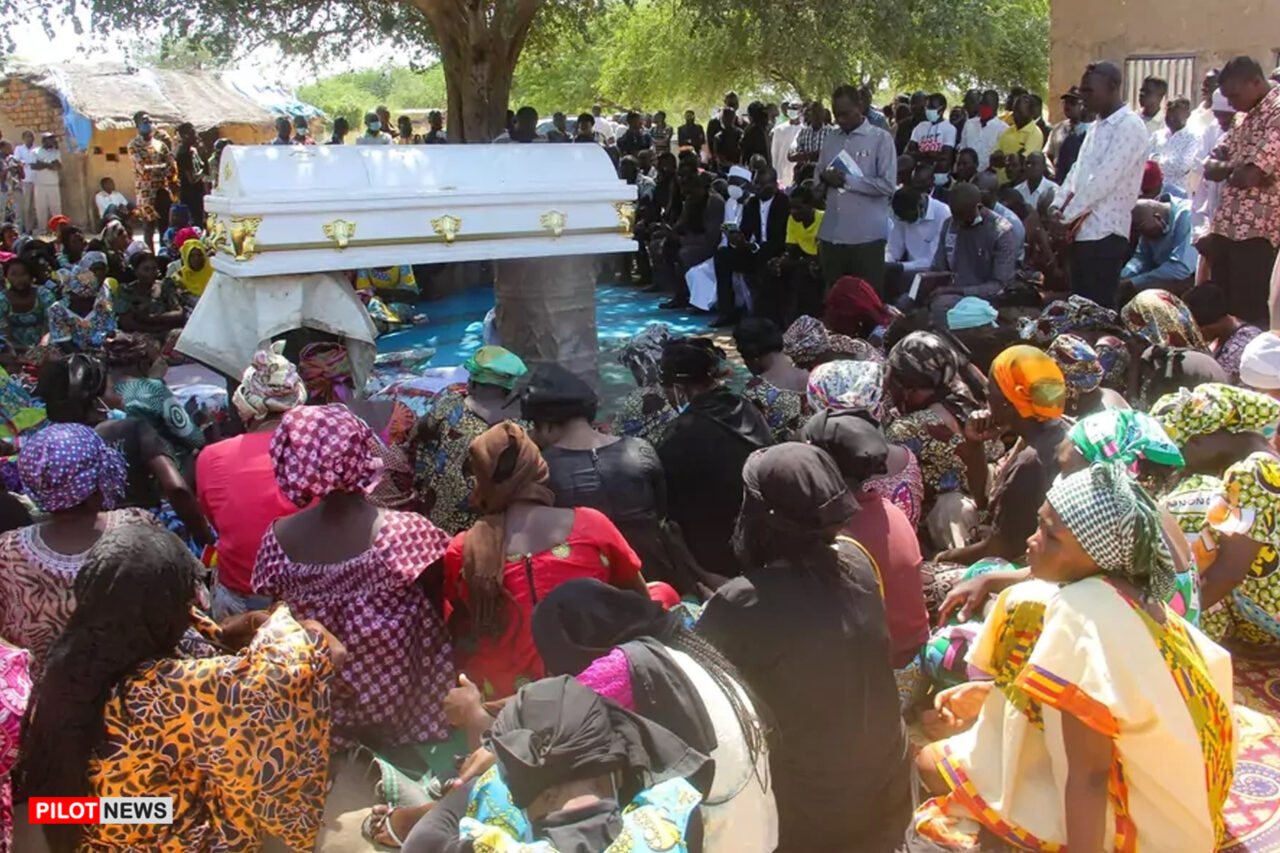In the wake of reports of a Wagner Group plot in Chad, Washington should resist the urge to resurrect Cold War-era partnerships.

Last week, the Wall Street Journal reported that Russia’s Wagner Group is working with rebels in Chad to target the country’s transitional president, Mahamat Idriss Deby, who came to power by extra-constitutional means when his father was killed in 2021. The plot paints a picture of an ambitious Russian strategy to gain influence in a block of African states, linking its Sahelian adventures in Mali and more nascent efforts in Burkina Faso to its initiatives in Libya, Sudan, and the Central African Republic. The report is undeniably alarming. That alarm could also provoke a self-defeating U.S. reaction.
The United States, bent on denying Russia another win on the continent, could decide that Mahamat’s highly questionable legitimacy can be overlooked in the name of geopolitics. The country’s unconstitutional transfer of power, extended transitional period, extrajudicial killings and persecution of political protesters could all be factored into the price that must be paid to counter Russian influence. But of course, in this scenario, even if the Wagner Group’s efforts fail, Russia wins insofar as Moscow is able to cast doubt on the sincerity of U.S. support for the rule of law, fundamental human rights, and African agency. Russia wins when the world believes that the United States is just as cynical and mendacious as the Putin regime, and it wins when U.S. policy elevates boxing out Russia over all of Washington’s long term interests in the region.
Russia has a head start on this project, because during the Cold War, the United States played this game with a logic that led to support for abusive, corrupt, but anti-Communist governments everywhere from Liberia to Zaire (now the Democratic Republic of Congo) to apartheid South Africa, and U.S. backing for sometimes-brutal rebellions with dubious democratic aspirations like UNITA in Angola or RENAMO in Mozambique. Those historical associations generate strong headwinds for U.S policy and make life easier for the Putin regime to this day, as South Africa’s diplomatic gymnastics over the war in Ukraine illustrate so clearly. Indeed, the more recent U.S. history of support for authoritarian leadership in Chad, justified as an investment in stability and a stalwart partner in countering violent extremism, can create fertile soil for Russian mischief.
- Ex-Governor Yahaya Bello Declared Wanted by EFCC - April 18, 2024
- Committee Offers Solutions for Decongesting Correctional Centres In Anambra - April 18, 2024
- BREAKING: Gunmen kill Traffic official in Anambra, Zoom Off - April 18, 2024


